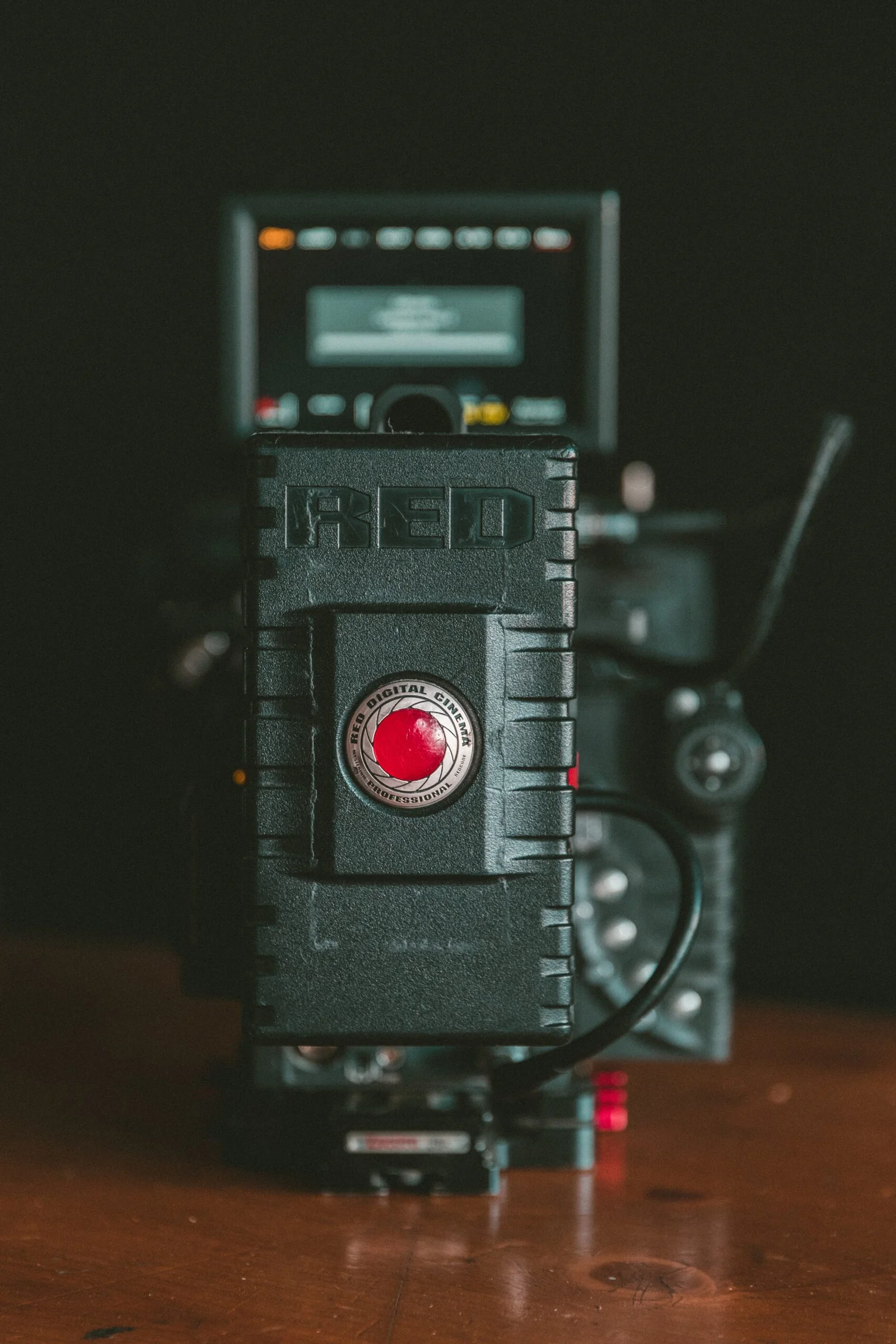
Introduction
With the rapid advancements in smartphone technology, capturing high-quality photos has become more accessible than ever. However, dedicated digital cameras still hold a special place in the hearts of photography enthusiasts and professionals. In this article, we will explore the pros and cons of digital cameras and smartphone photography, helping you understand the strengths and weaknesses of each option.
Image Quality
When it comes to image quality, digital cameras have the upper hand. With larger sensors, better lenses, and advanced image processing capabilities, digital cameras can capture more detail, produce vibrant colors, and handle low-light situations with ease. On the other hand, smartphones have made significant strides in improving their camera capabilities, offering impressive image quality for everyday use. While smartphone photos may suffice for social media sharing and casual photography, digital cameras excel in producing professional-grade images.
Flexibility and Control
One of the key advantages of digital cameras is the level of control they offer to photographers. With manual settings for aperture, shutter speed, ISO, and white balance, photographers have the freedom to experiment and achieve their desired results. Digital cameras also allow for interchangeable lenses, enabling photographers to adapt to different shooting scenarios and achieve various creative effects. On the contrary, smartphones provide limited control over settings, relying mostly on automatic modes. While this simplicity appeals to casual users, it can be a drawback for those seeking more creative control.
Portability and Convenience
One of the biggest advantages of smartphone photography is its portability and convenience. With a smartphone in your pocket, you always have a camera ready to capture any moment. This portability makes smartphones ideal for travel photography, street photography, and spontaneous snapshots. Digital cameras, on the other hand, are bulkier and require additional equipment such as lenses and accessories. While they may not fit in your pocket, digital cameras offer superior image quality and versatility, making them the preferred choice for dedicated photographers.
Specialized Features
Digital cameras come packed with specialized features that cater to different photography genres. High-speed continuous shooting, advanced autofocus systems, and optical zoom are just a few examples of the capabilities found in digital cameras. These features allow photographers to capture fast-moving subjects, achieve precise focus, and zoom in on distant objects. While some smartphones offer similar features, they often fall short in comparison to dedicated digital cameras. However, smartphones have their own unique features, such as built-in filters, portrait mode, and AI-powered enhancements, which can be appealing to casual users.
Post-processing and Sharing
Smartphones have revolutionized the way we edit and share our photos. With a wide range of editing apps available, users can quickly enhance their images, apply filters, and share them on social media platforms. Additionally, smartphones offer seamless integration with various social media apps, making it effortless to share photos instantly. Digital cameras, on the other hand, require more time and effort for post-processing. However, the larger file sizes and raw capabilities of digital cameras provide more flexibility for professional editing and printing.
Conclusion
Both digital cameras and smartphone photography have their own strengths and weaknesses. Digital cameras excel in image quality, flexibility, and specialized features, making them the preferred choice for photography enthusiasts and professionals. On the other hand, smartphones offer convenience, portability, and ease of use, making them suitable for everyday photography. Ultimately, the choice between a digital camera and a smartphone depends on your photography needs, preferences, and level of commitment to the craft. Whichever option you choose, the most important thing is to capture and cherish the moments that matter to you.
📸📱🌄📷📱🌇📸📱🌅📷📱🌆📸📱